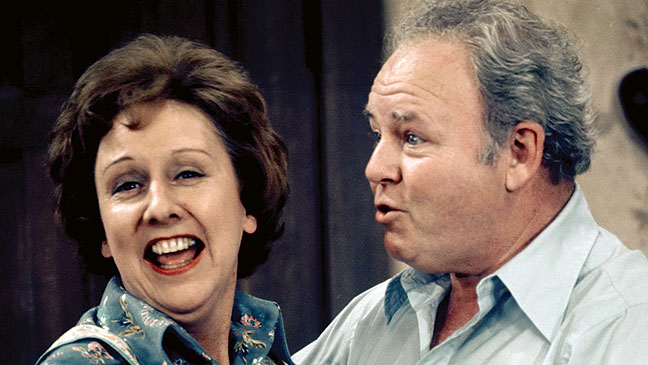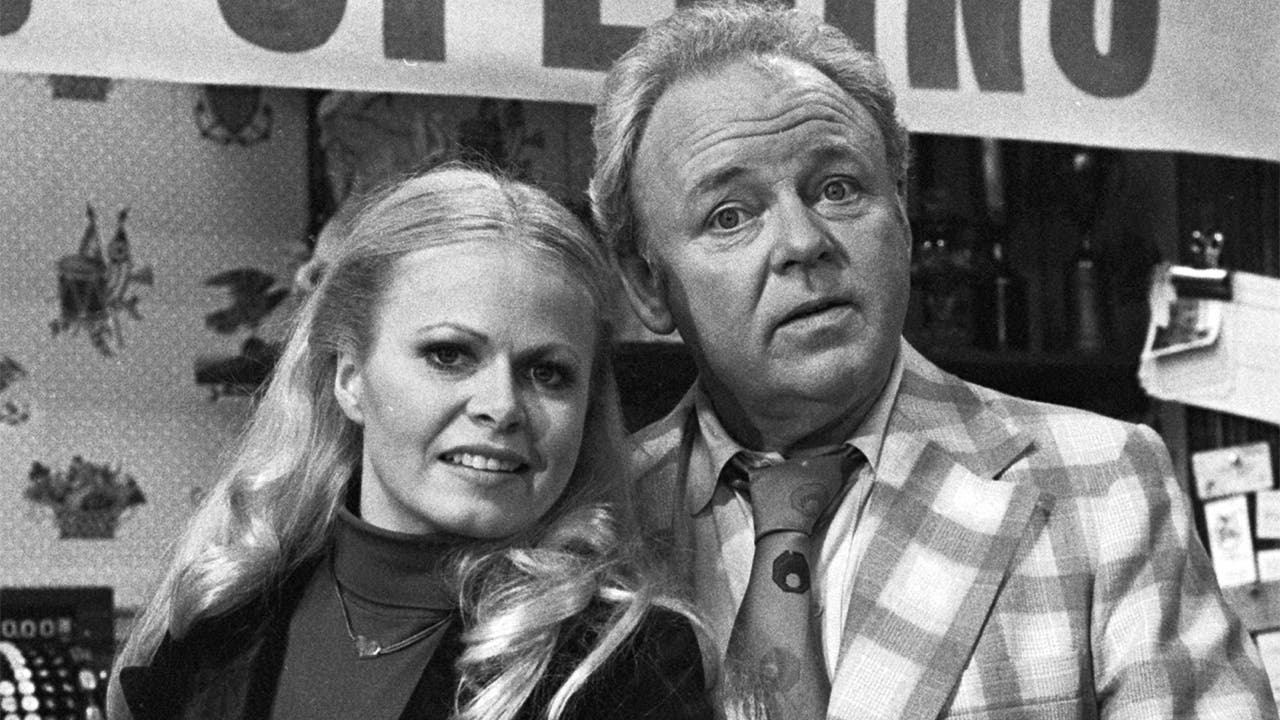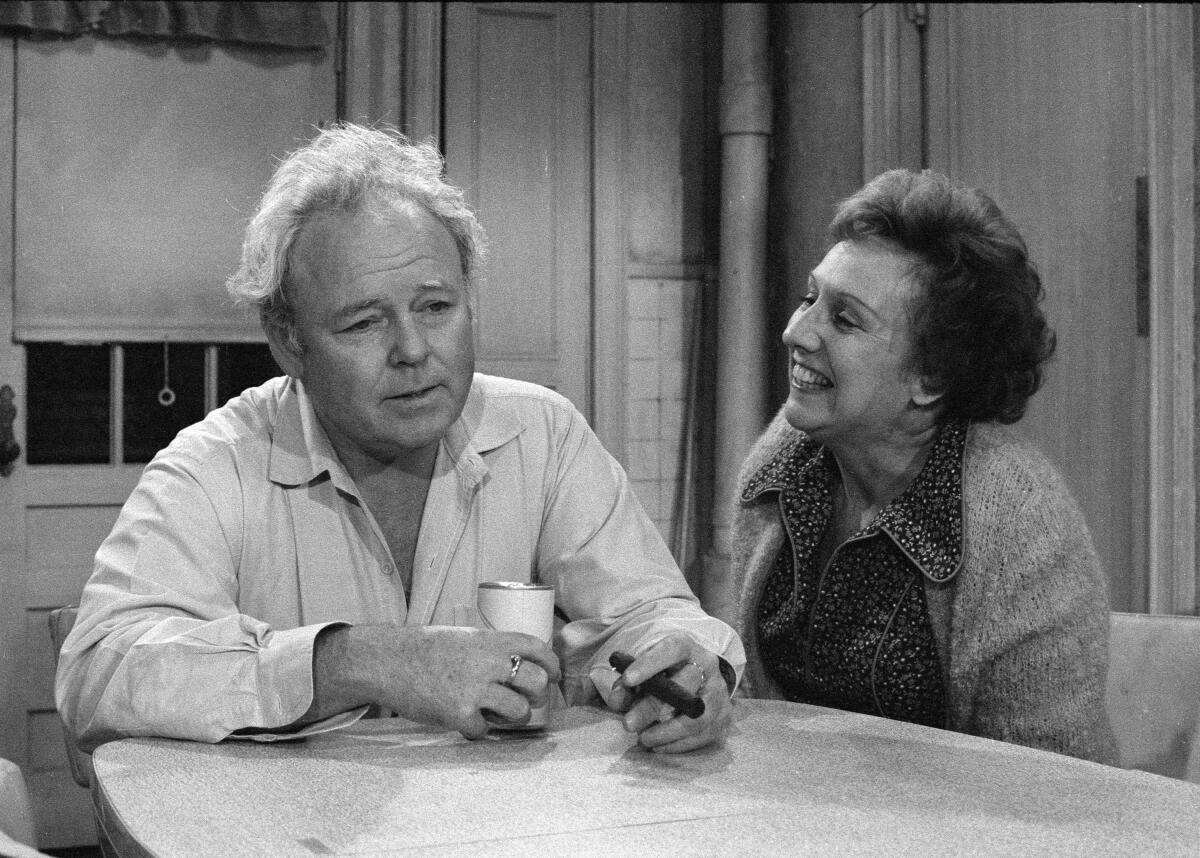
Norman Lear : You couldn’t make ‘All in the Family’ now
Norman Lear, who addressed serious issues in humorous sitcoms, died Tuesday in Los Angeles at the age of 101. Matthew Lawrence, a spokesperson for the family, said the producer and screenwriter died of natural causes. Lear was hailed for producing beloved television shows like All in the Family and The Jeffersons, and later, for his work as a political activist.
A post on his Facebook page said that he was “surrounded by his family as we told stories and sang songs until the very end.”
The families in Lear’s shows had conversations about the real things that were going on in the 1970s. Before these shows, television worlds were simpler, nicer places, says Darnell Hunt, a leading scholar of racial representation on TV. They had plot lines like: “I burnt the pot roast. What are we gonna do we don’t have anything for dinner. Or I have a talent show at school and I don’t know how to dance.”
Then Lear’s roster of hit ’70s sitcoms revolutionized television.
“Those shows took on issues that couldn’t be resolved,” Hunt says. “They were issues that were at the heart of inequality and struggle in American society. He tackled everything from homophobia, sexism, racism, you name it.”

If you watched All in the Family, you probably already have a sense of Lear’s own family. Archie Bunker is reminiscent of Lear’s own father, Edith was based on his mother, Jeanette, and America knew Lear’s ex-wife Frances as the character Maude.
Lear grew up in a Jewish family in Connecticut. “I was a kid of the Depression,” Lear told NPR in 2012. “I saw my father’s brothers go belly up. My father was always belly up. It’s very difficult for me to call my father what he was, so I use ‘rascal.’ He served time. He was in trouble a lot with the law. … But I can’t overstate how much I loved him. You hear me talk about him lightly because I cannot make him a villain. I loved him.”
Lear dropped out of college and enlisted in the Air Force to fight in World War II. In his late 20s, he moved to Los Angeles. He struggled for several years, selling furniture door to door, taking baby pictures. Eventually, he talked his way into writing for a nightclub comedy act, which led to variety show gigs.

“He worked for Dean Martin and Jerry Lewis, and then Martha Raye — this is a kind of who’s who of television in that era,” says Marty Kaplan, founding director of the Norman Lear Center at the University of Southern California.
By 1971, Lear was almost 50. He had produced and directed some shows and movies, and his life was about to change.
“I’d read in TV Guide about this British show Till Death Us Do Part,” Lear recollected in the DVD set The Norman Lear Collection. “That dynamic of the father and the son and the political arguments and the bigotry and so forth — that was my father,” Lear says. “I grew up with that. I couldn’t believe it hadn’t been my idea, it was so clearly a show.”
So he decided to make his own version. He cast stars like Carroll O’Connor and Jean Stapleton and he got a pilot filmed. But Lear had to fight for years to get All in the Family on air.
When it finally did air, viewers got this warning first: “The program you are about to see is All in the Family. It seeks to throw a humorous spotlight on our frailties, prejudices and concerns. By making them a source of laughter, we hope to show — in a mature fashion — just how absurd they are.”
The network was prepped for lots of complaints about the family patriarch, Archie Bunker’s, unbridled racism. But people got it — and All in the Family made it to the top-10 for eight of its nine seasons.

“I set out to make people laugh, truly to make people laugh,” Lear said. “But we approached it seriously. Our writers read two, three newspapers a day, paid a lot of attention to their kids and families, came in to talk about everything that was affecting us in our daily lives. And that’s where we got our material.”
All in the Family was the beginning of Lear’s sitcom reign. Edith’s cousin Maude, spun off her own show. Maude’s housekeeper Florida and her family became Good Times — about a black family struggling with poverty.
And then came The Jeffersons, about a black family on its way up.

“The Jeffersons were unabashedly black,” says Darnell Hunt. “It tried to engage race and class dynamics and gender dynamics at the same time. I remember The Jeffersons growing up, I remember feeling like, there really isn’t anything else like this on TV so I have to watch this.”

